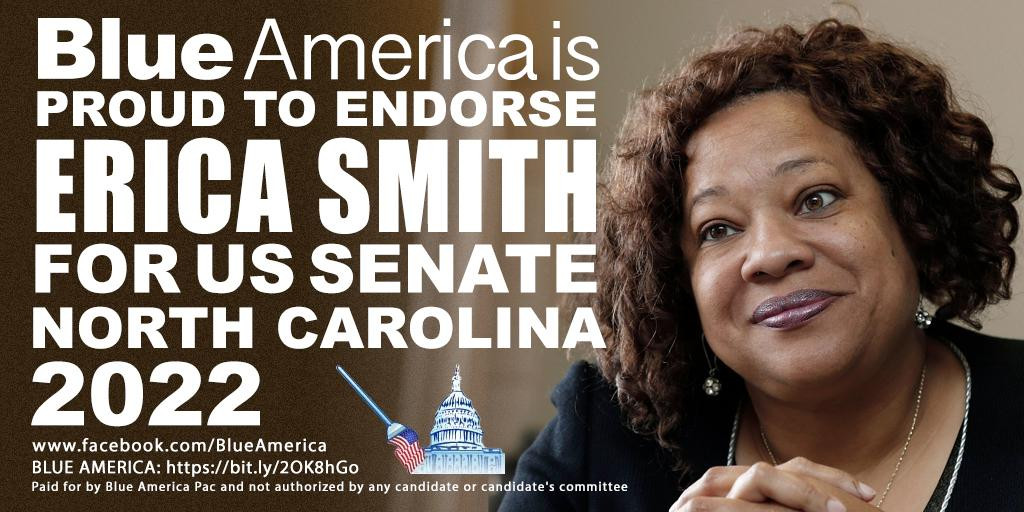
Trump won North Carolina’s 15 electoral votes in November bit without a majority. He beat Biden 2,758,775 (49.93%) to 2,684,292 (48.59%). At the same time, though, Democratic Governor Roy Cooper was reelected with more votes than Trump or Biden– 2,834,790 (51.5%) against Republican Dan Forest (47.0%). The fall-off was even worse in the Senate race, where a fatally-flawed conservative Democrat, Cal Cunningham, was badly beaten by mediocre GOP incumbent Thom Tillis– 2,665,598 (48.7%) to 2,569,965 (46.9%). Cunningham, predictably, was a drag on the whole Democratic ticket.
He shouldn’t have been the nominee but Chuck Schumer insisted on it— picking a conservative white male, with an electoral history of being a loser, over a progressive Black woman, state Senator Erica Smith, who wins races in the kinds of rural areas Democrats can’t win statewide without. Schumer sabotaged Smith’s campaign on behalf of Cunningham. Let’s hope he doesn’t do the same thing against this cycle, where Smith is being opposed by another white conservative man, Jeff Jackson.
Schumer made sure Smith would be outspent and she was– 15-1… but still took 430,000 votes in the primary. She has a strong progressive record in the state legislature and is running on popular issues like Medicare-For-All and a Green New Deal, unlike Jackson or the EMILY’s List conservative being recruited by them (with a little wink-nod-shtik from Schumer.)
I asked Erica to write up a brief introduction of herself and talk about something she speaks about at her meetings– the intersection between racial justice and economic justice.
Please read what she has to say and consider contributing to her campaign by clicking on the Blue America 2020 Senate thermometer.
Economic Justice For All
-by state Senator Erica Smith
I grew up on a family farm. I saw the blood and sweat my parents put into the land, only to struggle to hold onto it. Even as a child, I felt that it wasn’t right for someone who works all day and does everything you’re supposed to, to have to be up at night worried that it’s still not enough.
Since then, the problems in our economy (and not just for black farmers or farmers in general but rather all working people) have only gotten worse.
We urgently need to re-imagine the role government plays in our economy. What if, instead of focusing on keeping the stock market inflated and lifting up banks and corporations, we invested in our communities and our workers? It is an active and deliberate choice our representatives make to prioritize Wall Street over Main Street. It doesn’t have to be that way.
It’s not just about “Main Street” though, it’s also about every side street, every secondary road and every unpaved road (like the ones where I grew up and still live on) where there is no wealth or centers of power.
When politicians talk about an agenda for the working class, they talk about economic justice but tend to focus exclusively on white workers. Then, politicians talk about Black people and they talk about their racial justice agenda which will feature some important and necessary reforms on policing and the criminal justice system and not much else.
There can be no racial justice without economic justice.
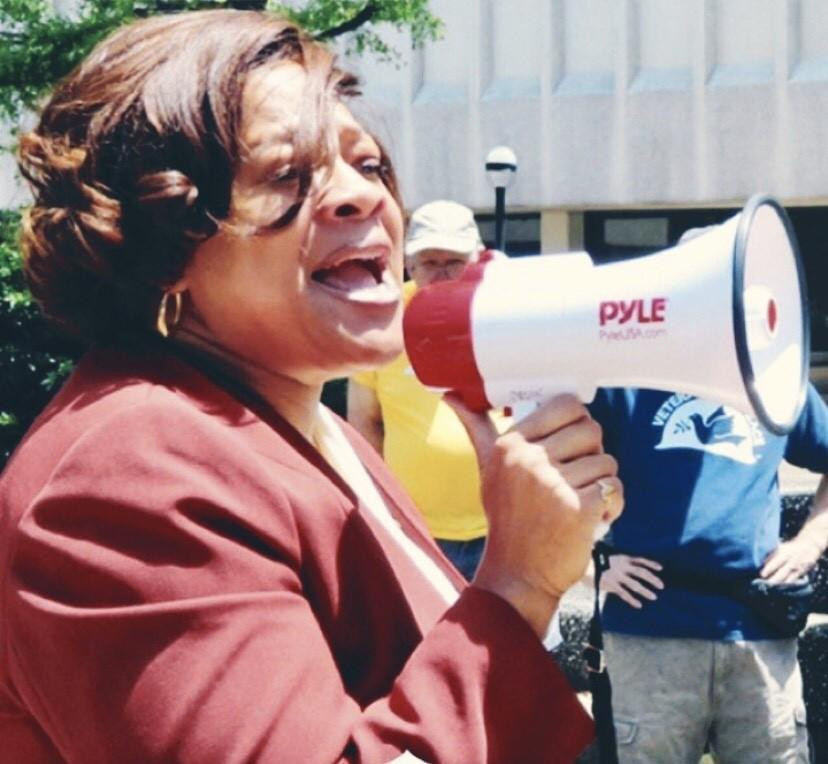
Our current system, which shifts more money and more power to those who already have both, inherently disadvantages those without either. Those without either, are disproportionately black and brown.
When I worked as an engineer in Seattle, despite having the same qualifications and working the same job, I did not receive the same pay that my white male counterparts did. This story is not unique to me. This is the reality for millions of women and people of color across America.
This gender and racially fueled injustice also tells an even broader story about wage injustice in this country. Had wages grown with productivity, we’d have a $24 minimum wage. Instead, we have a $7.25 minimum wage. Every minimum wage worker in America is suffering an injustice. The dignity of work is real but it’s not enough to just talk about it. That dignity needs to be reflected in a minimum wage that’s a living wage. That dignity needs to be reflected in worker protections and rights as well as in empowered unions. We need to close the wage gap but we also need to raise those wages.
When we refuse to protect gig workers and workers in the service industry, that’s harming everyone but those workers are disproportionately black and brown.
When we drag our feet on cancelling student debt, we’re weighing down millions but it’s disproportionately harming black and brown Americans.
When we give tax cuts to corporations and don’t invest in small businesses, the businesses that are hurt most are disproportionately black and brown owned.
When public colleges cost too much and public schools are invested in too little, the lack of paid family leave and universal childcare, all of these issues that affect all Americans disproportionately harm black and brown Americans.
We are the canaries in the coal mine. Everything that is broken about our economy hurt us first and hurts us most. The forgotten people across this country are not all one race or religion or gender. Some live in dilapidated urban centers, others live in run down rural towns. What we are united by though, is that the politics has left us out and the economy has left us behind.
An agenda to change that, an agenda for economic justice is an agenda for racial justice. With universal basic income, with a living wage, with massive investments in small businesses, with pathways to home ownership and education, with amendments to ensure federal spending gets distributed into impoverished areas, by taking on monopolies and holding corporations accountable we can write the rules for a new economy where instead of toiling in oppression together we can thrive together.
I’ve fought alongside working class North Carolinians to raise the minimum wage, to strengthen unions, to invest in small businesses and to protect workers in the service industry. I don’t come from wealth, I’ve spent my life around working class people. The coalition that is working class Americans is diverse in background and skin color, but united in desire for an economy that actually works for we the people.

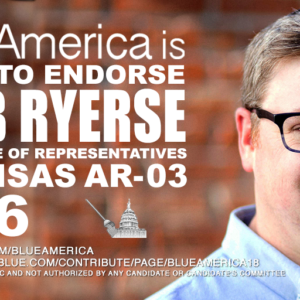
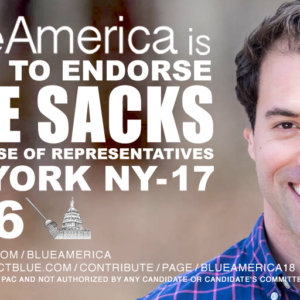

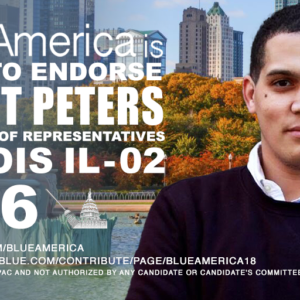
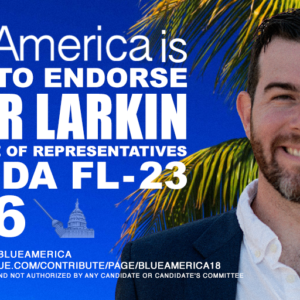



Comments